Suhaib Abdurahman
About Me
I am a social psychologist with a strong engineering background. I originally worked on applying machine learning to control systems and process optimization (BS/MS Process Engineering, TU Berlin), but became increasingly interested in using these methods to study human behavior (BS, Free University Berlin; PhD, University of Southern California).
My research now integrates computational and behavioral methods to study complex social phenomena, with an emphasis on grounding computational models in psychological theory. More recently, I have extended my work to improving AI systems, especially agentic AI, by applying psychological insights to make them more adaptive, robust, and socially aware.
Research Interests
- Computational Social Dynamics: Using simulations and computational models to uncover mechanisms of group behavior and generate insights that inform both theory and applications.
- Psychologically Informed AI: Leveraging psychological theories of cognition and social behavior to build AI systems that are more robust, flexible, and higher-performing.
- Theory-Grounded Methods & Applications: Developing approaches rooted in psychological theory to ensure interpretability, robustness, and relevance across contexts.
- Morality and Social Behavior: Understanding how moral values shape consequential behaviors in digital environments and beyond, including conflict, cooperation, and well-being.
Research Methods
- Computational Modeling & Simulation: Multi-agent and agent-based modeling to test psychological theories and explore emergent dynamics of social systems.
- Machine Learning & AI Systems: Applying ML to study human behavior and social phenomena, and to improve AI systems using psychological insights.
- Natural Language Processing: Using NLP to extract psychological signals from text to study human concepts, opinions, and social behavior.
- Experiments & Surveys: Designing behavioral and survey studies to validate insights from computational models and extend psychological theory.
- Advanced Statistical Methods: Employing Bayesian multilevel and other robust modeling techniques for generalizable and interpretable findings.
Publications [Google Scholar]
-
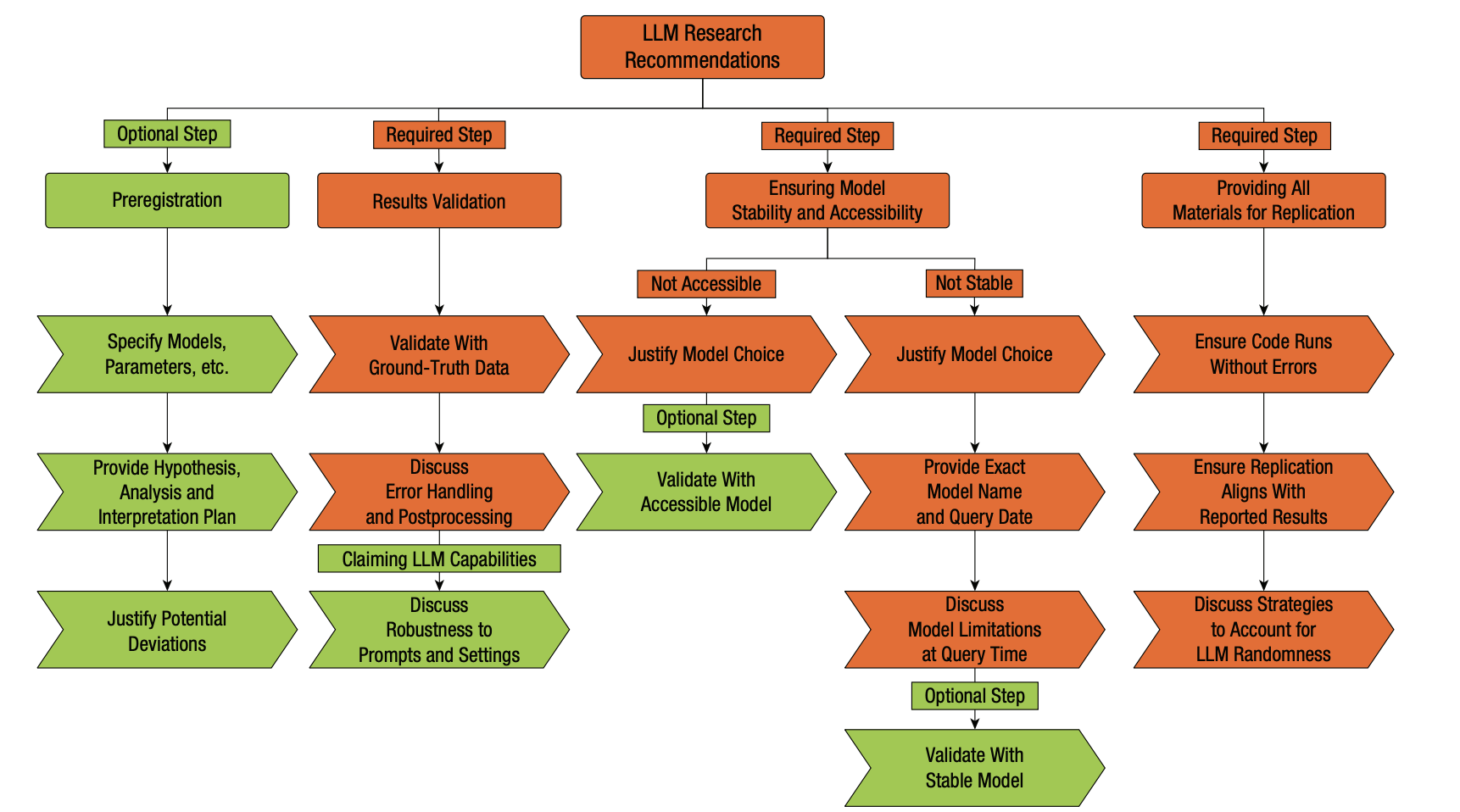 Advances in Methods and Practices in Psychological Science (AMPPS), 2025.
Advances in Methods and Practices in Psychological Science (AMPPS), 2025. -
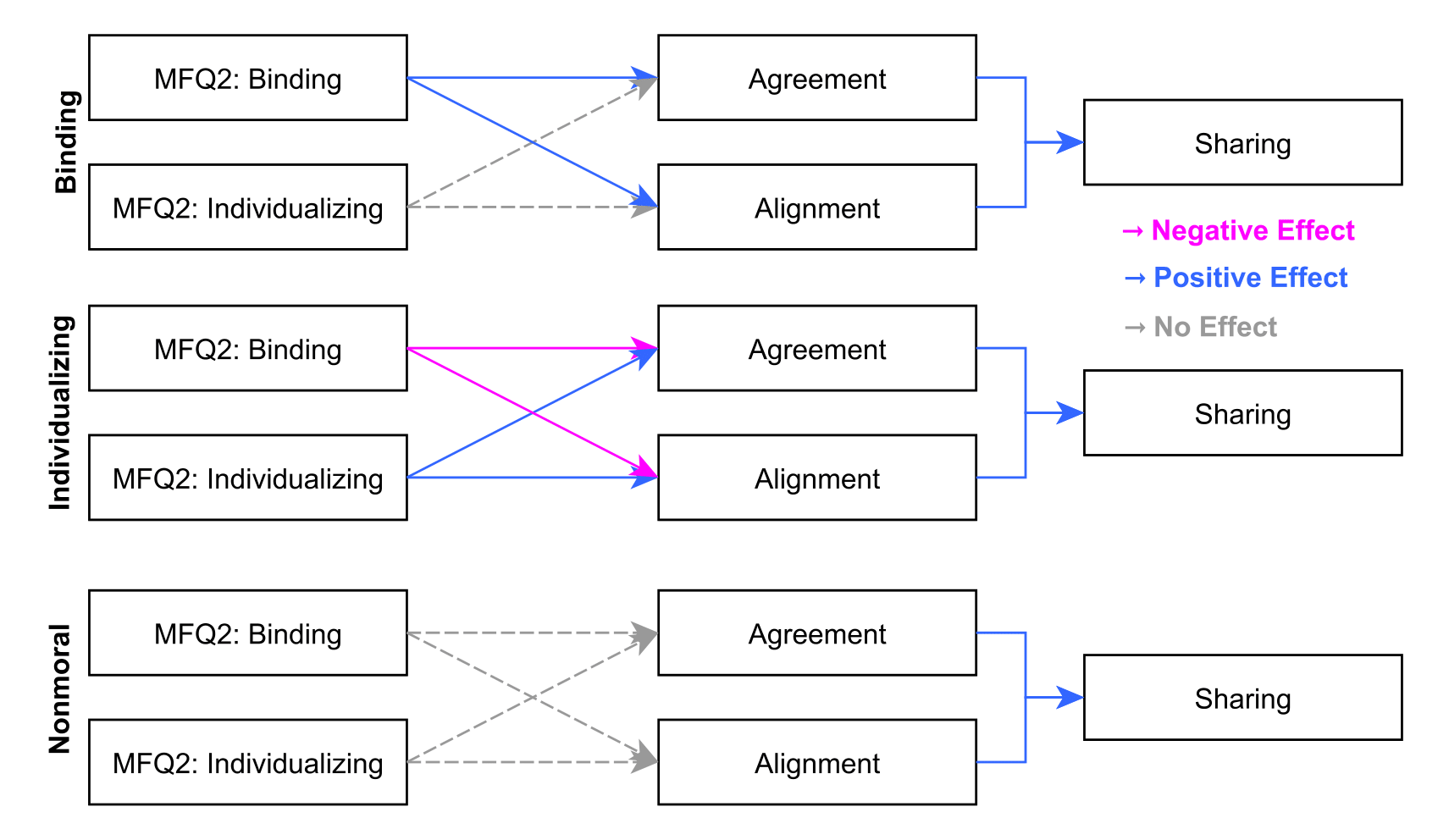 Journal of Experimental Psychology: General (JEP:G), 2024.
Journal of Experimental Psychology: General (JEP:G), 2024. -
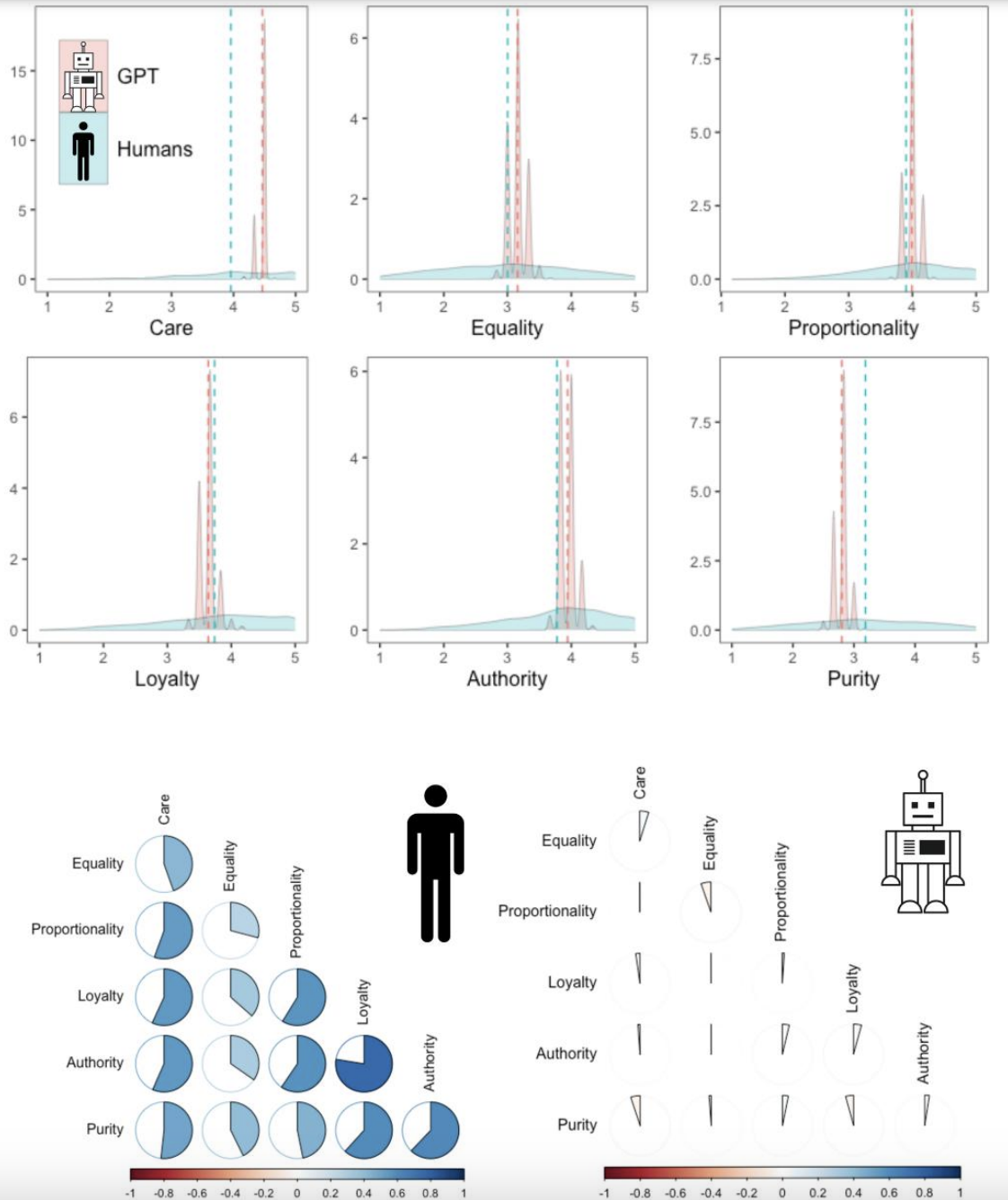 PNAS Nexus (PNAS NEXUS), 2024.
PNAS Nexus (PNAS NEXUS), 2024. -
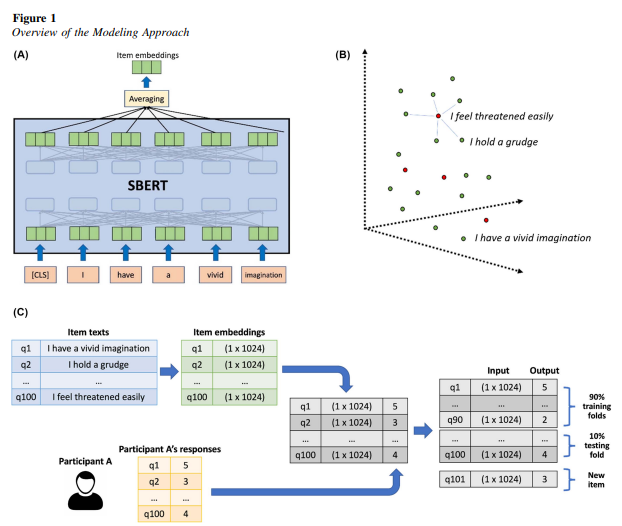 Journal of Personality and Social Psychology (JPSP), 2023.
Journal of Personality and Social Psychology (JPSP), 2023. -
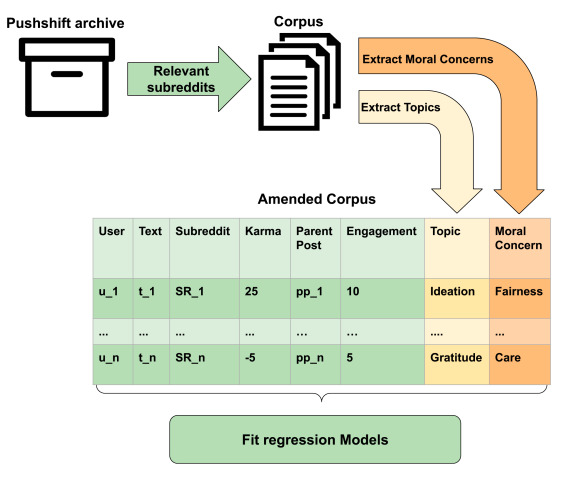 Computers in Human Behavior, 2023.
Computers in Human Behavior, 2023. -
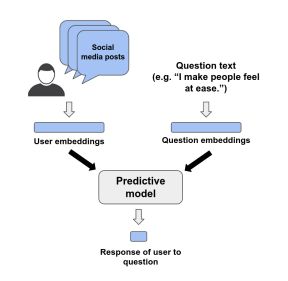 Findings of the Association for Computational Linguistics (EMNLP 2020).
Findings of the Association for Computational Linguistics (EMNLP 2020).
Conferences
- Abdurahman, S., Reimer, N. K., Golazizian, P., Baek, E., Shen, Y., Trager, J., Lulla, R., Kaplan, J., Parkinson, C., Dehghani, M. (2024). Investigating the Impact of Targeting Audiences’ Moral Values on Sharing Online-Misinformation. SPSP
- Abdurahman, S., Vu, H., Zou, W., Ungar, L., Bhatia, S. (2024). A Deep Language Approach to Personality Assessment: Generalizing Across Items and Expanding the Reach of Survey-Based Research. SPSP
- Abdurahman, S., Vu, H. (2023). Investigating Social Inferences in Large Language Models: Advancements and Biases. Psychology of Technology
- Abdurahman, S., Preston, E. (2023). Sharing is in Fact about Caring: Care Concerns Feature Prominently on Subreddits Devoted to Self-Injurious Thoughts and Behaviors. SPSP
- Abdurahman, S., Osborne, M., Trager, J., Omrani, A., Dehghani, M. (2022). Fighting Fire with Fire: How groups incentivize incivility on social media platforms. Psychology of Technology
Current Projects
- Testing Psychological Theories with Generative Agents: Using multi-agent simulations and LLMs to model social dynamics and evaluate psychological theories.
- Moral Values and Decision-Making: Investigating how context, categorization, concept representations, and reward-based learning shape moral judgments and behavior.
- Status and Norms in Online Platforms: Studying when groups punish or reward norm violations such as aggression and incivility, and how these dynamics influence online discourse.
Past Projects
-
Social Inferences in Language Models: Comparing small encoder-based models (e.g., BERT) and large generative models (e.g., GPT-3.5, GPT-4) in their ability to make social inferences from psychological questionnaires. Generative models were more accurate but also more biased and less transparent, highlighting trade-offs between accuracy, bias, and interpretability.
-
Explaining Explainability: Advocating for interpretable machine learning in the behavioral sciences by clarifying misconceptions about “black box” models. We demonstrate that interpretability can coexist with predictive accuracy and that post hoc explanations can advance both prediction and understanding of complex behavior.
Services
Conference Review
Journal Review
Computers in Human Behavior Behavior Research Methods Advances in Methods and Practices in Psychological Science Frontiers in Social Psychology Journal of Personality and Social Psychology
Departmental Service
Contact
Address: 3620 McClintock Ave, Los Angeles CA 90089
Office Location: SGM 604
Email: sabdurah@usc.edu